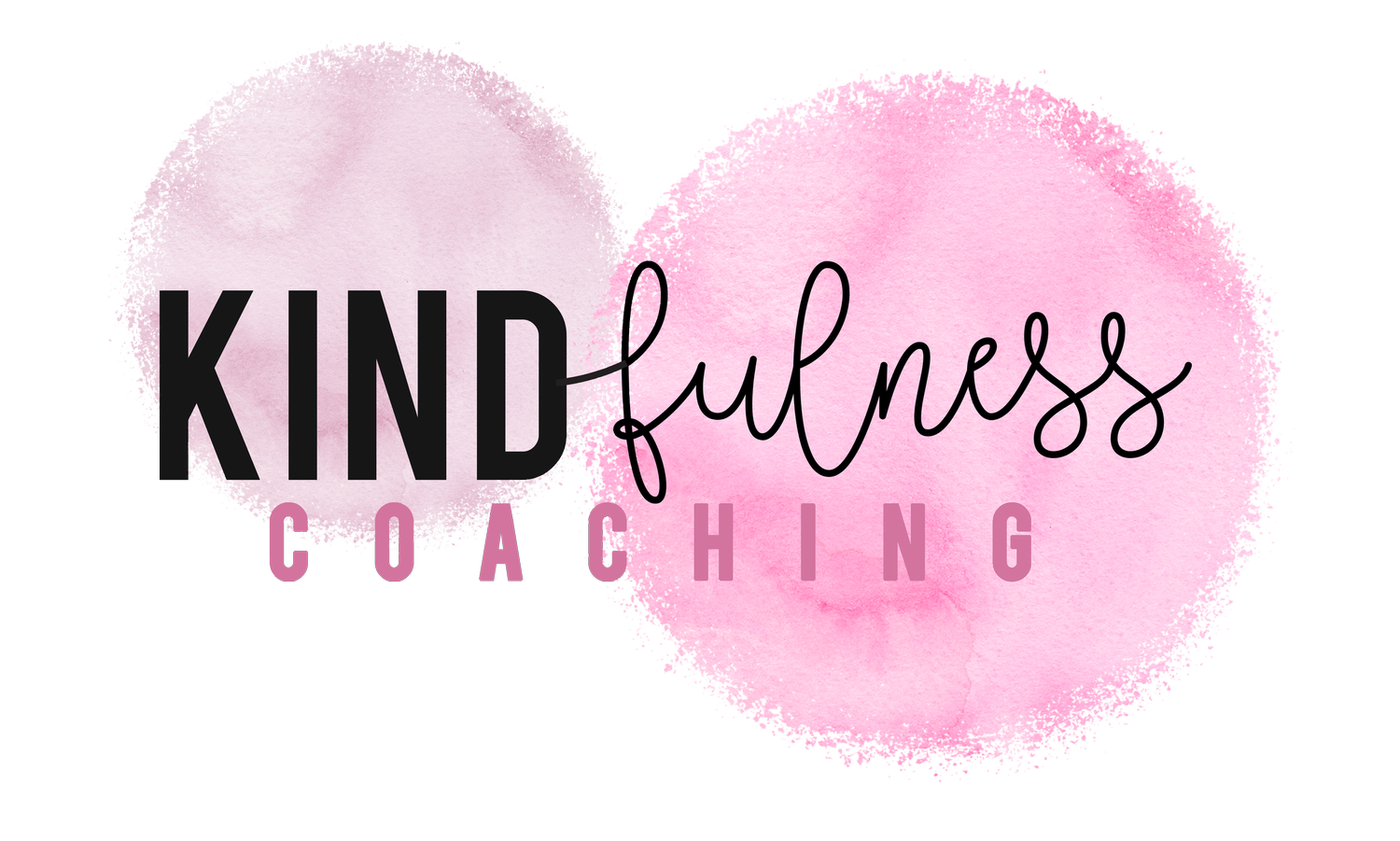How to Improve Sleep When Stressed and Anxious
A good night's sleep is essential for our overall well-being, but stress and anxiety can often wreak havoc on our ability to fall asleep and stay asleep. In this blog post, we will explore seven effective strategies that can help you improve your sleep even when you are struggling with stress and anxiety.
Restful Nights: 7 Strategies to Improve Sleep


